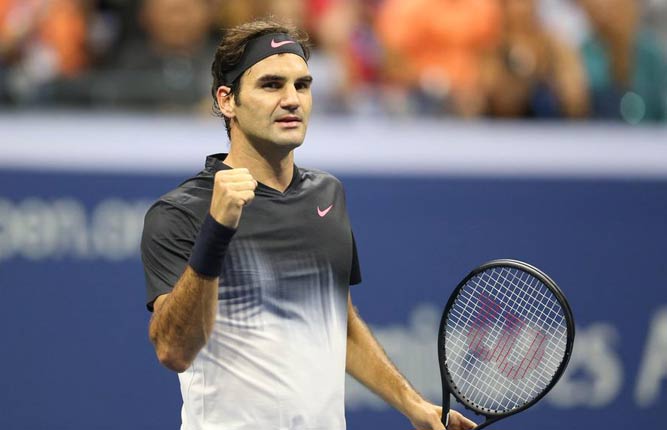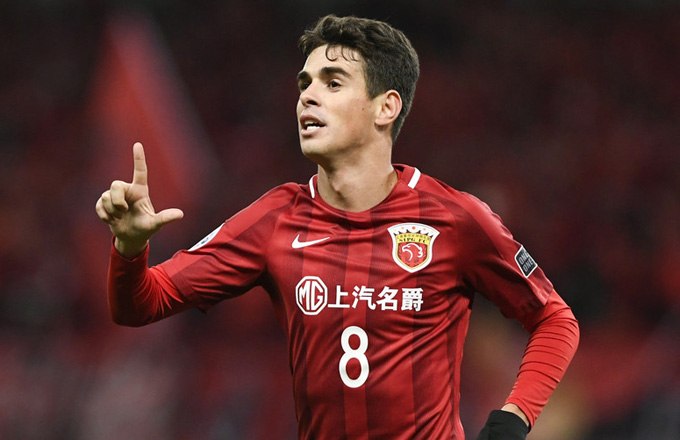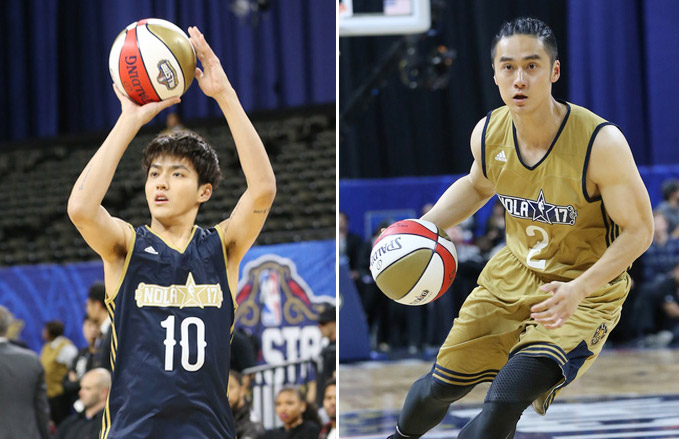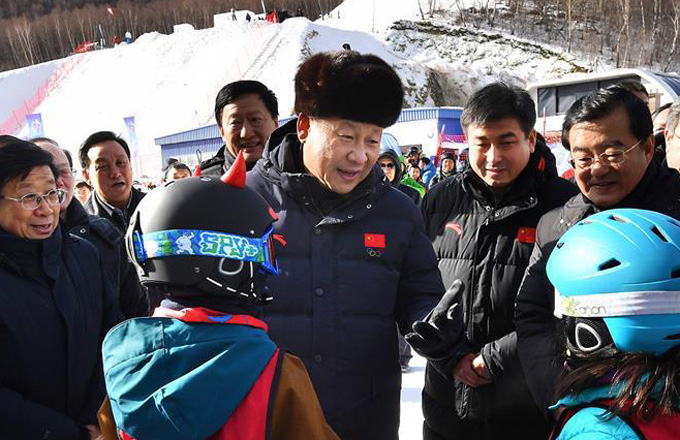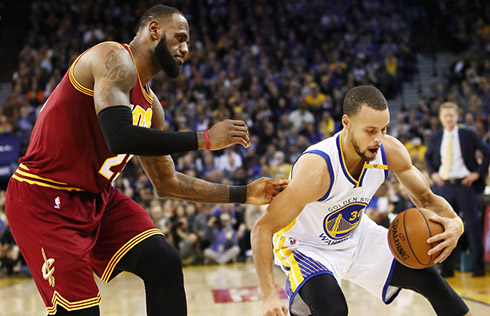Games put all people at core of sports
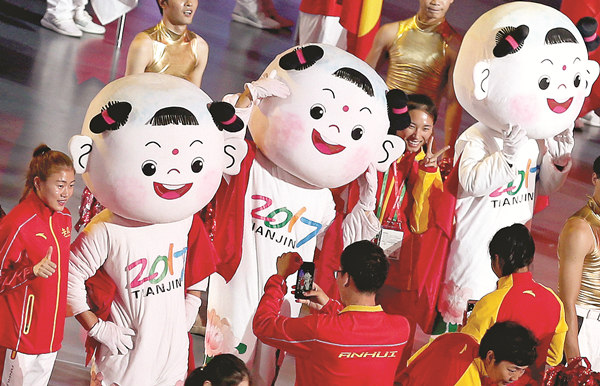 |
|
Athletes pose with mascots of the 13th National Games during the closing ceremony on Friday in Tianjin. |
The 13th Chinese National Games in Tianjin concluded with a bang on Friday after bringing the public closer to the athletic mainstream, with the country pledging to promote mass fitness through the quadrennial gala.
The country's determination on sports reform was highlighted by President Xi Jinping's attendance at the opening ceremony on Aug 27 and Premier Li Keqiang's participation in Friday's closing ceremony, at which Li announced, "I now declare the closing of the 13th National Games of the People's Republic of China."
During a parade at the closing ceremony, athlete representatives from each delegation entered the venue before everyone stood to sing the national anthem.
After the torch was extinguished to signal a successful conclusion of the games, the National Games flag was handed over to Hu Heping, the governor of Shaanxi province, where the next games will be hosted in Xi'an, the provincial capital, in 2021.
The country's top comprehensive sports meeting, which was inaugurated in 1959, serves as an important occasion for athletes to test their mettle for the Olympic Games. At this year's games, several innovations were adopted in a bid to stage a more inclusive event.
The slogan "National Games for a Healthy China" reflects a shift in the nation's focus from the pursuit of gold medals at the Olympic Games and world championships to a more balanced attitude toward the fundamental function of sports in society.
As one of the major reform approaches, 19 events and games were opened to amateurs, including badminton, marathon running and chess, to include more grassroots athletes in China's elite multisport meeting.
"I have learned a lot from contending with other players from around the country," said 55-year-old Yu Xueyi, who was one of the finalists in the amateur table tennis competition.
Millions of amateur athletes, the youngest being 4 years old and the oldest 93, participated in the preliminary rounds of the mass competitions through online and offline platforms, and more than 7,000 appeared in the finals.
"We adhere to the principle of placing people at the core in the development of sports, and the games provided a platform for high-level grassroots players to showcase their talent," said Li Yingchuan, the deputy director of the State General Administration of Sport, the country's top sport's governing body.
"The introduction of mass sports events sparked the enthusiasm of the general public to take part in sports exercise and enjoy a healthy life," said Li.
In addition to amateur players, the games also opened the door to overseas Chinese and foreigners of Chinese origin. Among the eight overseas players was equestrian Zhu Meimei, who won an individual bronze medal in show jumping.
"No matter where we were born or raised, it's still an honor to come back to compete as a Chinese," said the 25-year-old, who aspires to represent China in the 2020 Tokyo Summer Olympics.
"Culturally, the National Games should be a modern gala for the whole Chinese nation. The inclusion of overseas Chinese athletes reflects the cultural importance of the event," said Lu Yuanzhen, a sports sociology expert at South China Normal University.
The games also unprecedentedly allowed grassroots players to compete with their professional peers in some sports, and broke down the barriers among regions to allow cross-delegation squads to play in team sports.








